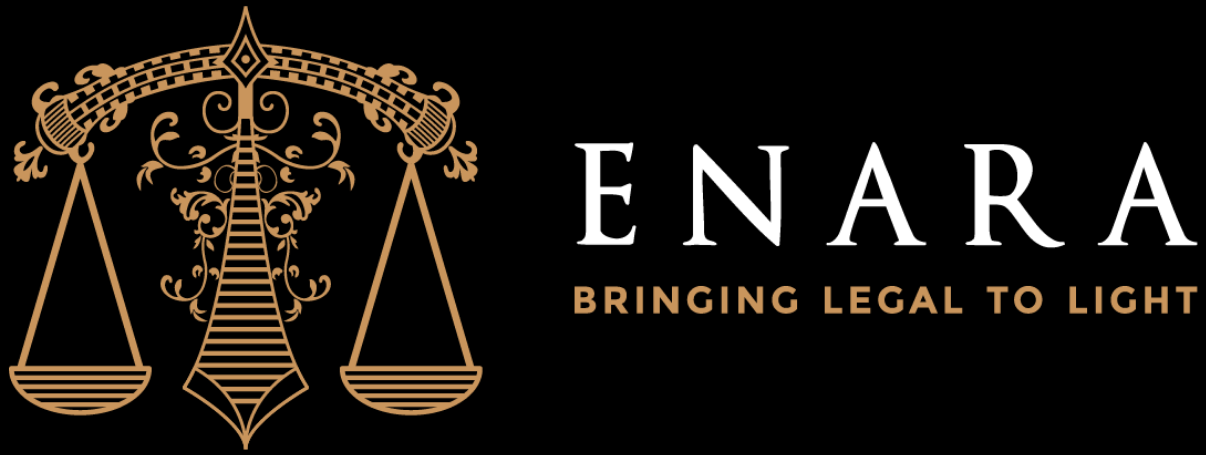
Buying and owning machinery or “equipment” is expensive and can cost some small businesses are not ready to make. With that being said, equipment is transforming and optimizing at an incredible rate, and leading manufacturers come out with new models every year. So unless you purchase your equipment at the most opportunistic time, your competitors could buy a more recent model ahead of you, putting you and your business at an even more significant disadvantage. In addition, due to the cost associated with new equipment and the frequency that new models come out, small businesses find themselves choosing to rent the machinery much more often, creating much more downside risk and increasing the chance of having the newest version of machinery for the business to operate with rather than purchasing a considerable machine that devalues the second it leaves the manufacturing line.
Equipment leasing comes in all shapes and sizes. The most common equipment businesses tend to lease include machinery, vehicles, computers, printers, and other tools that pertain specifically to industries. Like most leases, the companies will rent the equipment for a specified period, and once the lease term is up, the business can choose to renew the lease, purchase the equipment, or stop the agreement.
Why Equipment Leasing Is Beneficial
Listed below are some of the benefits businesses can gain when entering into lease agreements for the company instead of purchasing:
- Business expenses for qualified financing allow you to deduct payments when doing your taxes at the end of the year.
- Upgrades to equipment are made much easier due to the stopping of an agreement and not the selling of equipment because of purchase.
- No down payments on new equipment
- Option to opt-out monthly
- Protection if machine breaks
There are also two main operating lease agreements:
Capital Lease. What it uses usually is long-term and cannot be canceled until the duration of the term has expired and usually includes language for the equipment to be purchased upon completion of the lease. Leaving the taxes and insurance up to the lessee, which is the most common reason a business would prefer this type of lease, is for expensive equipment that the company may not purchase immediately.
Operating Lease. Companies that are looking for short-term and possibly cancelable leases will generally opt to use an operating lease. Additionally, this type of lease is optimal for businesses that want to use the equipment temporarily. It is also helpful for companies that know exactly what they want and whether a new model becomes available. They can replace the equipment at the end of the lease. In operating leases, the owner of the equipment retains ownership of this property. Because the lessor retains ownership of the equipment, the lessee can usually terminate the lease at any time without penalty.
Please check out the Enara Law contract attorneys today by visiting our website at Enaralaw.com. You can also give us a call 24 hours a day, seven days a week at 602-687-2010, or email us [email protected].
